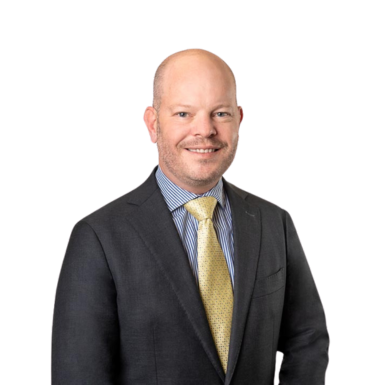Today’s health practitioner graduates do not know a world without social media – it’s part of their DNA and it is here to stay. Social media platforms span our personal and professional lives and can play an important role in public health education and the marketing of health services. While regulated health service providers and practitioners should stay abreast of digital developments and opportunities they must also familiarise themselves with their professional obligations while operating in this environment.
The Codes of Conduct set out each regulated health profession’s professional values. They apply to the conduct of practitioners regardless of the setting, so while practitioners come from many diverse backgrounds with different values and beliefs, they should also be mindful when expressing personal views on social media.
On 11 November 2019, the Australian Health Practitioner Regulation Agency (AHPRA) and National Boards published a new guide to assist registered health practitioners to understand and meet their obligations when using social media. This is available on the AHPRA website here.
While practitioners may believe their activity on social media (Facebook, Twitter, Instagram even virtual reality and gaming sites) is their ‘personal life’ and that this activity is not in their ‘professional capacity’, it is relatively simple to review the various social platforms and check these against the public register of practitioners. When using social media, regulated health practitioners need ensure they meet their obligations by:
- complying with confidentiality and privacy obligations
- complying with their professional obligations under their Board’s Code of Conduct
- maintaining professional boundaries
- communicating professionally and respectfully with or about patients, colleagues and employers and
- not presenting information that is false, misleading or deceptive, including advertising claims that are not supported by acceptable evidence (this includes ensuring that any posts do not offend public health policy).
Just as many prospective employers review candidates’ social media sites, National Boards may consider social media use in a practitioner’s private life if it raises concerns about their fitness to hold registration (even where there is no identifiable link to them as a registered health practitioner).
Posts to Social media often remain available to see indefinitely and can often be difficult or impossible to remove or change. They can also be circulated widely, easily and rapidly. Practitioners should ensure they know and understand the relevant security and privacy settings on sites and apps.
Practitioners using social media to advertise regulated health services also need to ensure that they meet the advertising requirements of the Health Practitioner Regulation National Law (National Law). Failure to do so can result in disciplinary action and/or monetary fines of up to $5,000 for an individual and $10,000 for a body corporate.
| Section 133 of the National Law prohibits advertising a regulated health service or business that provides regulated health services, in a way that: | |
| is or likely to be false, misleading or deceptive | For example, if considering the words ‘cure’ can help/improve/treat or effectively treats, safe and effective; ensure that there is sufficient and acceptable evidence to support this. |
| offers gifts, discount or other inducements to attract the use the service or the business, unless the advertisement also states the terms and conditions of the offer; | For example, ‘make one consultation appointment, get one free’, but raising the price of the first consultation to largely cover the cost of the second (free) appointment contravenes the National Law. |
| uses testimonials or purported testimonials about the service or business; | A testimonial involves recommendations or positive statements about clinical aspects of a regulated health service. Advertisers are responsible for all testimonials, both solicited and unsolicited on websites/platform that they control. |
| creates an unreasonable expectation of beneficial treatment; | This can arise when advertisers take advantage of the vulnerability of health consumers in their search for a cure or remedy. The claims of beneficial treatment can range from unsubstantiated scientific claims, through to miracle cures. |
| directly or indirectly encourages the indiscriminate or unnecessary use of regulated health services. | For example, making use of time-limited offers which influence a consumer to make decisions under the pressure of time and money rather than about their health care needs. |
If in doubt don’t post it. Leave it out.
To assist regulated health practitioners, AHPRA has produced a number of other resources including:
- ‘Guidelines for Advertising Regulated Health Services’ at http://www.ahpra.gov.au/Publications/Advertising-resources/Check-and-correct/Testimonial-tool.aspx
- Testimonials in health advertising, June 2018 at http://www.ahpra.gov.au/Publications/Advertising-resources/Check-and-correct/Testimonial-tool.aspx
This article was written by Scott Ames, Principal. Please contact Scott Ames if you have any questions or if you would like further information.



 Meet our Team
Meet our Team View our Insights
View our Insights